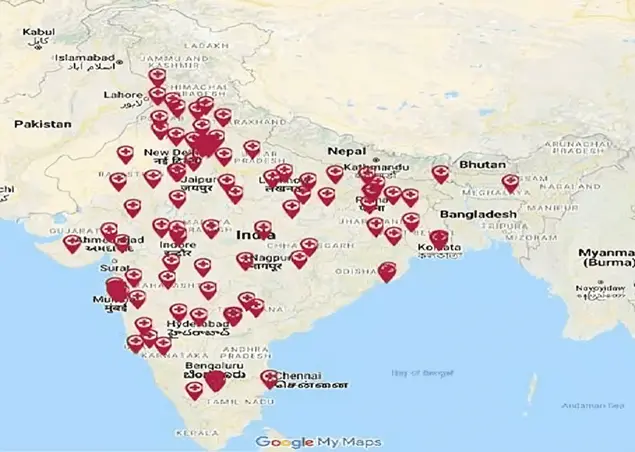What is PGT or Preimplantation Genetic Diagnosis/Testing?
Preimplantation Genetic Testing (PGT) is a procedure that helps determine any chromosomal abnormalities of an embryo.
The procedure is performed before the embryos are transferred to the uterus in In Vitro Fertilisation (IVF). The testing is done for an array of genetic disorders that can cause miscarriage, implantation failure, and birth defects in the child born from the IVF procedure. This is especially useful in determining common genetic disorders like down syndrome, sickle cell anaemia, etc.Preimplantation Genetic Diagnosis (PGD) is basically testing for a specific genetic disorder before the embryo can be implanted in the uterus. Different types of genetic tests can be performed on the embryo to look for any anomalies.
Such types of tests are used by doctors to determine if the embryo is fit for implantation. Embryos that show signs of anomalies may cause spontaneous abortions or failed implantations. PGT helps in improving the success states of IVF and prevents the need for eventually failed IVF cycles. In addition, it also prevents the patient from emotional and physical trauma.
Preimplantation Genetic Testing for Aneuploidy (PGT-A)
Aneuploidy is basically a genetic disorder where the total number of chromosomes does not equal 46. Preimplantation genetic screening checks the embryos for the right chromosomal number.
Preimplantation Genetic Testing for Aneuploidies is a preimplantation test that analyses the 23 pairs of human chromosomes when the embryo is in the blastocyst stage. PGTA helps in understanding why someone goes through recurrent pregnancy losses or unsuccessful fertility cycles. It is also beneficial in selecting the finest embryos before implantation, thereby increasing the overall success rate of IVF.
PGT-A involves performing a biopsy of the embryo in the blastocyst stage (the fifth or sixth day after fertilisation), introducing the biopsied cells in the DGP-A tube and analysing their DNA for chromosomal anomalies.
Who Should Consider PGT-A?
PGT-A is a beneficial test for many; however, it is not a compulsory test for those going through IVF. The test is recommended for-
- People who opt for IVF after several infertility treatments.
- Someone prone to spontaneous miscarriages.
- Someone who may have family members with genetic disorders.
- Someone who is trying IVF and is older than 35 years.
- Someone who has had previous pregnancies with chromosomal anomalies.
It is important to discuss your medical history with your doctor and ask if IVF preimplantation genetic testing is a required option in your case.
Benefits of PGT-A
Although not a compulsory test, doctors will recommend such genetic testing for many people due to their benefits. These testings are especially useful for-
- Increasing IVF success rates.
- Preventing spontaneous abortions.
- Minimising the risk of having an embryo with chromosomal anomaly being implanted.
- Pinpoint if the baby may carry a specific genetic disorder.
- Helpful in selecting the best embryo and lowering the need for transferring multiple embryos
Pregnancy Calculator Tools for Confident and Stress-Free Pregnancy Planning
Get quick understanding of your fertility cycle and accordingly make a schedule to track it
Get a free consultation!















